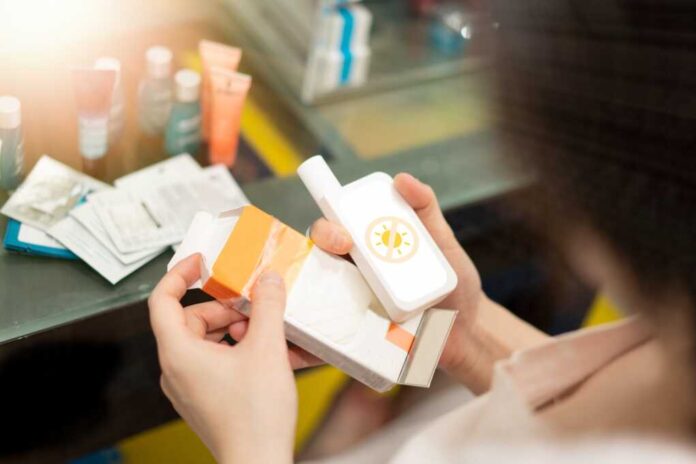
Your leftover sunscreen from last year could leave you vulnerable to dangerous UV rays, as expired products can lose their protective properties without showing obvious signs of degradation.
At a Glance
- Sunscreen typically expires after 2-3 years, with the FDA requiring products to maintain full strength for three years
- Expired sunscreen won’t directly harm your skin but provides inadequate protection against UV damage, increasing sunburn and skin cancer risks
- Physical/mineral sunscreens are generally more stable than chemical formulations when exposed to heat and light
- Changes in consistency, color, or smell indicate sunscreen degradation and reduced effectiveness
- Proper storage in cool, dark places helps maintain sunscreen efficacy longer
Understanding Sunscreen Expiration
While that bottle of sunscreen from your beach trip last summer might look perfectly usable, its protective capabilities may have significantly diminished. Sunscreens are classified as over-the-counter drugs by the FDA and must maintain their full protective strength for at least three years. Most products have expiration dates stamped on their packaging, but if yours doesn’t, experts recommend writing the purchase date directly on the bottle and assuming a three-year shelf life under ideal storage conditions.
Identifying an expired sunscreen isn’t always straightforward. Key indicators include separation of ingredients, changes in color or consistency, or an unusual smell. If your sunscreen appears watery, grainy, or has an off odor, these are clear signs its protective qualities have deteriorated. Even without these visible changes, sunscreen exposed to extreme temperatures or direct sunlight may have broken down chemically while still appearing normal.
Different Types of Sunscreen Stability
Not all sunscreens degrade at the same rate. Physical (mineral) sunscreens containing zinc oxide or titanium dioxide tend to have greater stability than chemical formulations. These mineral ingredients physically block UV rays and are less susceptible to breakdown when exposed to heat and light. Chemical sunscreens, which work by absorbing UV radiation through active ingredients like avobenzone or oxybenzone, can degrade more rapidly when repeatedly exposed to hot conditions or direct sunlight.
The type of container also matters. Spray sunscreens may have additional concerns as the propellant can deteriorate over time, affecting how evenly the product dispenses. Both lotion and spray formulations are typically designed to last 2-3 years when stored properly, but their effectiveness diminishes significantly once expired, potentially leaving your skin inadequately protected against harmful UV radiation.
Risks of Using Expired Sunscreen
While applying expired sunscreen won’t typically cause direct harm to your skin, the real danger lies in the false sense of security it provides. Degraded sunscreen may offer significantly reduced SPF protection or uneven coverage, leaving you vulnerable to UV damage without realizing it. This increases risks of sunburn, premature aging, and most importantly, skin cancer. Some expired products may also cause skin irritation or breakouts due to ingredient separation or bacterial contamination, particularly in products that have been repeatedly opened and exposed to the elements.
Sunscreen usage has increased over the past decade, with 75% of U.S. adults now reporting regular use compared to 69% in 2015. However, only 18% apply sunscreen daily, and growing concerns about ingredient safety are affecting consumer habits. Despite these concerns, 81% of Americans believe sunscreen is at least somewhat effective in preventing sunburn and skin cancer, highlighting the importance of using effective, unexpired products.
Best Practices for Sunscreen Storage and Use
To maximize your sunscreen’s effectiveness and shelf life, proper storage is essential. Keep bottles in cool, dark places away from direct sunlight and extreme temperatures. Avoid leaving sunscreen in hot cars or direct sun exposure, which can accelerate degradation of the active ingredients. Many dermatologists recommend keeping sunscreen in coolers during beach days to maintain its protective properties. Additionally, always close the cap tightly after use to prevent contamination and evaporation of ingredients.
If you’re consistently having leftover sunscreen from year to year, you may not be using enough for adequate protection. Health experts recommend applying approximately one ounce (enough to fill a shot glass) of sunscreen for full-body coverage, and reapplying every two hours or after swimming or sweating. When in doubt about a sunscreen’s efficacy or if the expiration date has passed, the safest approach is to purchase a new bottle rather than risk inadequate protection against harmful UV radiation.


















